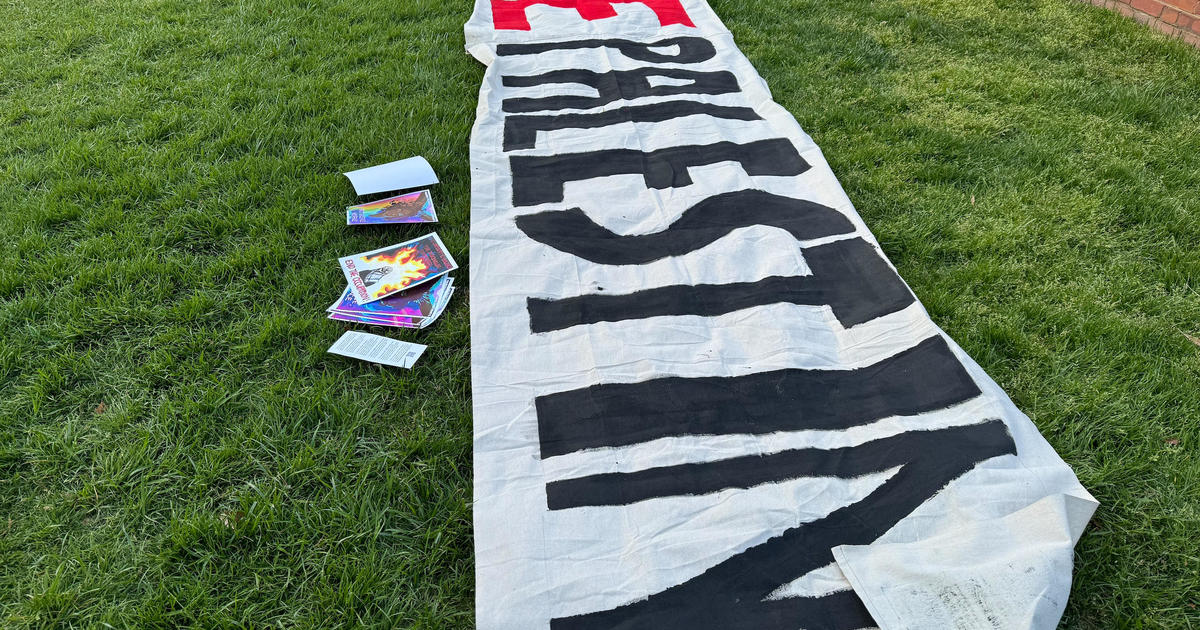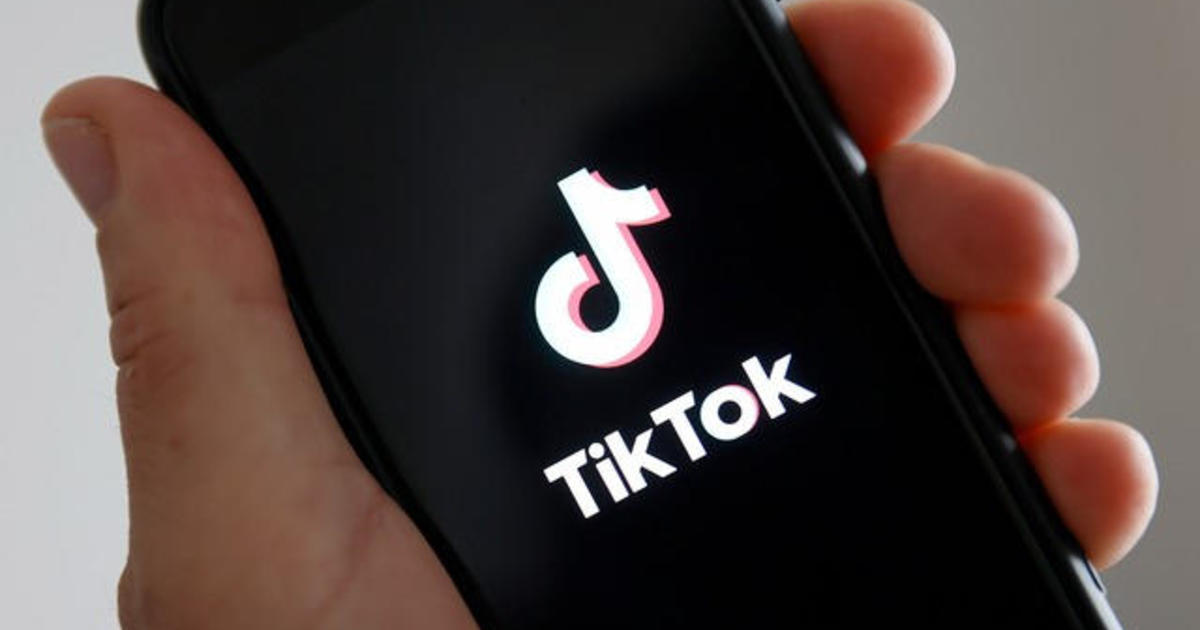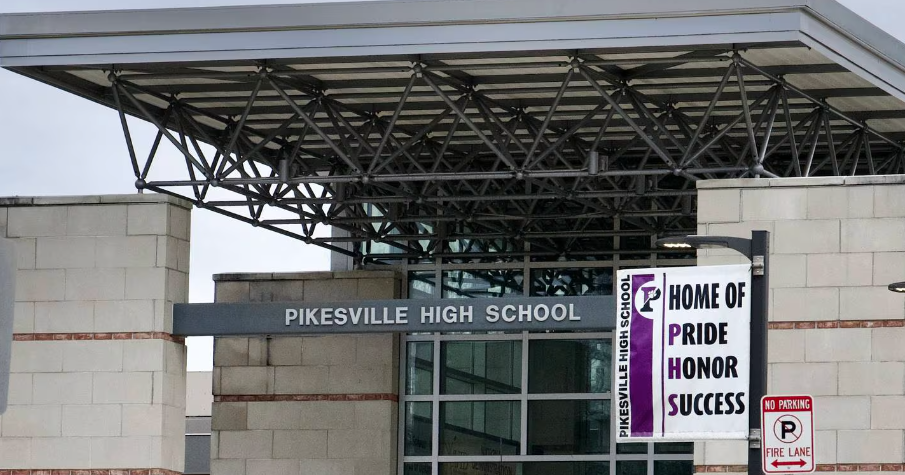Johns Hopkins Study: Young Adults Reporting Highest Levels Of Psychological Distress During COVID-19 Pandemic
BALTIMORE (WJZ) -- The Johns Hopkins Bloomberg School of Public Health found an over threefold increase in the percentage of adults reporting symptoms of psychological distress during the COVID-19 pandemic.
Researchers released the results of a survey conducted among a group of 1,468 adults aged 18 and over, finding that three groups in particular had higher percentages of psychological distress symptoms reported: young adults aged 18-29, adults across ages from low-income households, and Hispanics across all ages.
According to the survey, 24 percent of adults ages 18-29 reported experiencing psychological distress symptoms in 2020, which is a three percent increase from 2018. The survey was conducted online by the Johns Hopkins Bloomberg School of Public Health from April 7-April 13.
CORONAVIRUS RESOURCES:
- Coronavirus Resources: How To Get Help In Maryland
- TIMELINE: Coronavirus In Maryland, Tracking The Spread
- Coronavirus-Related Closings
- Latest coronavirus stories from WJZ
- Latest CDC Guidelines
"We need to prepare for higher rates of mental illness among U.S. adults post-COVID," researcher Emma E. McGinty said. "It is especially important to identify mental illness treatment needs and connect people to services, with a focus on groups with high psychological distress including young adults, adults in low-income households, and Hispanics."
The survey also discovered that 19.3 percent of adults with annual household incomes less than $35,000 reported psychological distress in 2020 compared to 7.9 percent in 2018. Another finding was that nearly one fifth (18.3 percent) of Hispanic adults reported psychological distress in 2020 compared to just 4.4 percent in 2018. That's more than a four-fold increase in a two year period.
"The study suggests that the distress experienced during COVID-19 may transfer to longer-term psychiatric disorders requiring clinical care," McGinty said. "Health care providers, educators, social workers, and other front-line providers can help promote mental wellness and support."
Lastly, the survey only found a slight increase in feelings of loneliness from 11 percent in 2018 to 13.8 percent in 2020.
For the latest information on coronavirus go to the Maryland Health Department's website or call 211. You can find all of WJZ's coverage on coronavirus in Maryland here.



